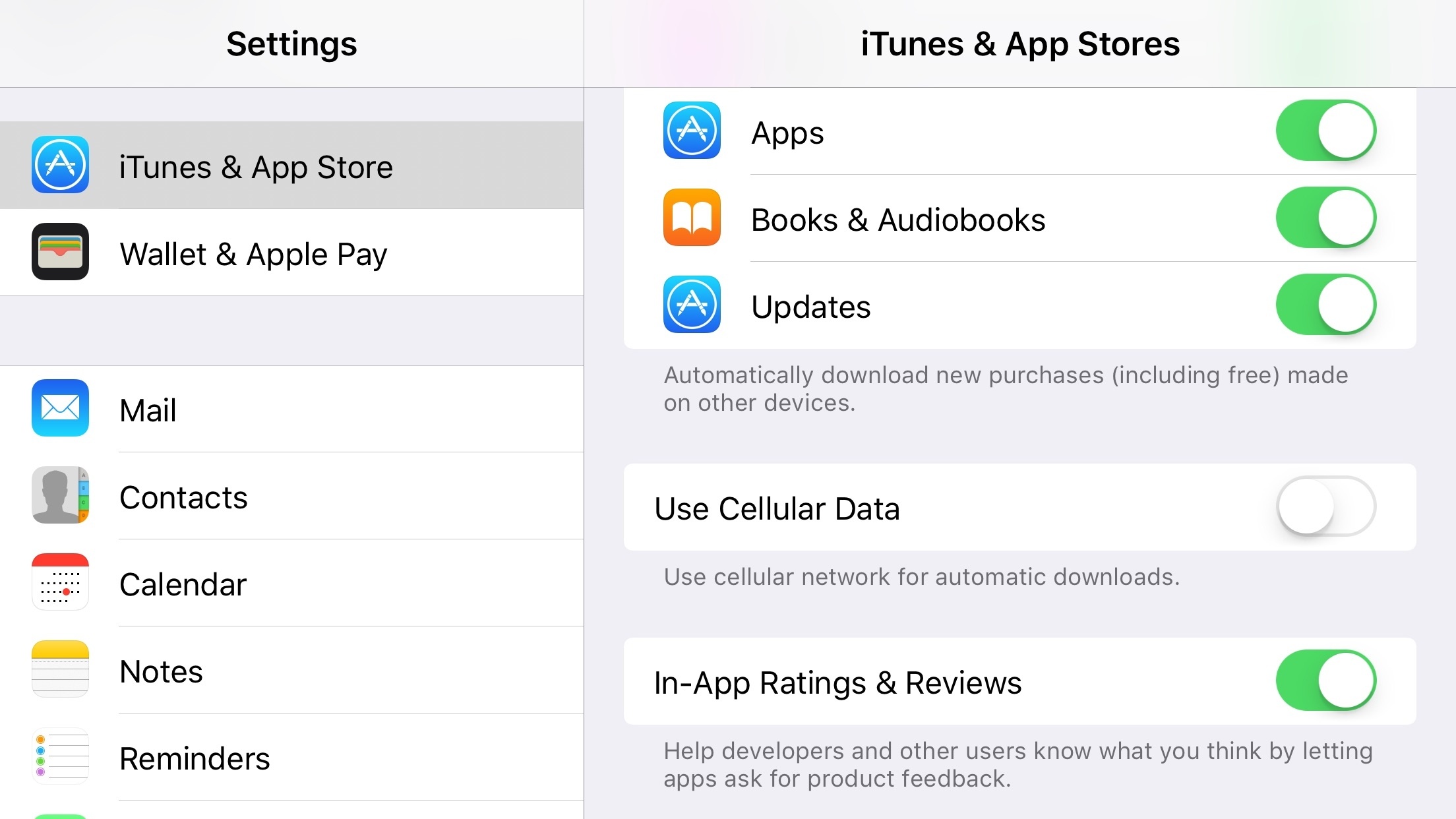Adam Howell sums up some of the major issues affecting the iMessage App Store and iMessage apps:
I love the idea of the iMessage App Store. I love Apple’s focus on privacy. I love building on top of an app I use all day everyday. But not only is the iMessage App Store dying —I’m afraid it might already be dead.
I agree with most of his design and functionality-related points. Using stickers and iMessage apps requires too much effort; a lot of users are still confused by iMessage-only apps; and I don’t understand why Apple thought Digital Touch was so important. I like his proposed solution for iMessage app activation, too.
On curation, though, I believe Apple has been doing a decent job with refreshing featured apps and sticker packs on weekly basis. A few months ago, Apple’s editorial team also started highlighting iMessage apps and stickers on the front page of the iOS App Store, which must drive some visibility. Every week, we discover new stickers to feature in our newsletter also thanks to Apple’s curation and the store’s top charts, which are dominated by Disney stickers as it’s a massive brand that has absolutely nailed the idea of selling “premium” iMessage sticker packs.
Aside from design and functional issues (in short, Apple should redesign the entire iMessage app drawer), I think the reality most iMessage apps are facing is a repeat (at a smaller scale) of what happened with the main App Store. Apple should make meaningful improvements to make developers’ lives easier, but it’s always going to be a tricky business to figure out in such a competitive landscape.




